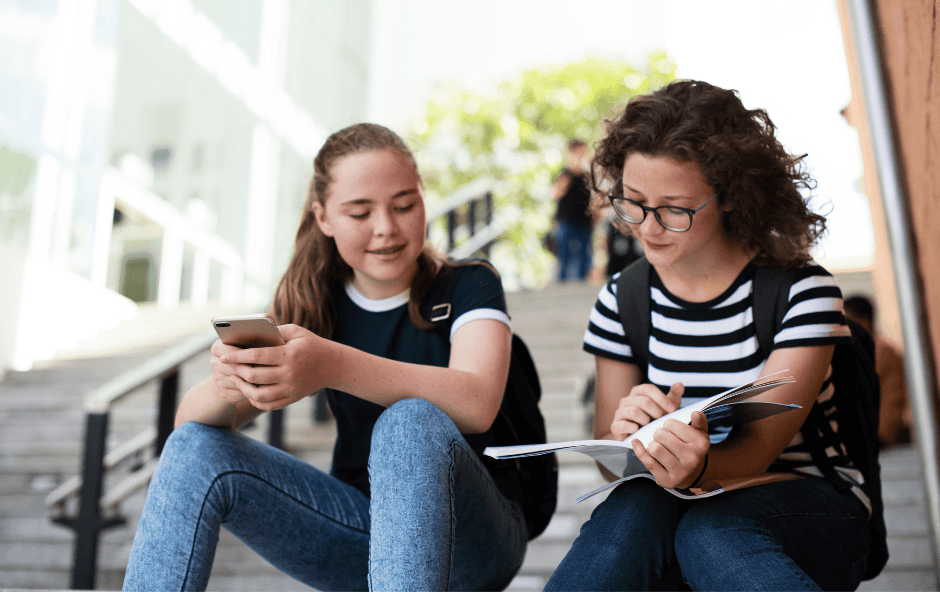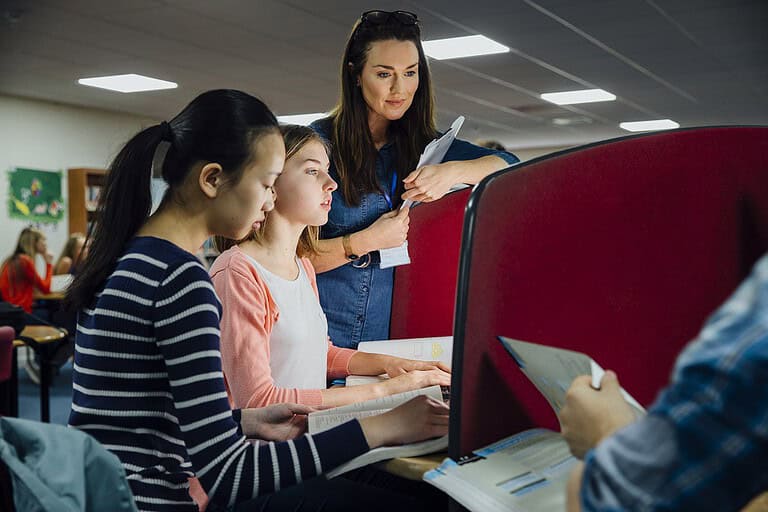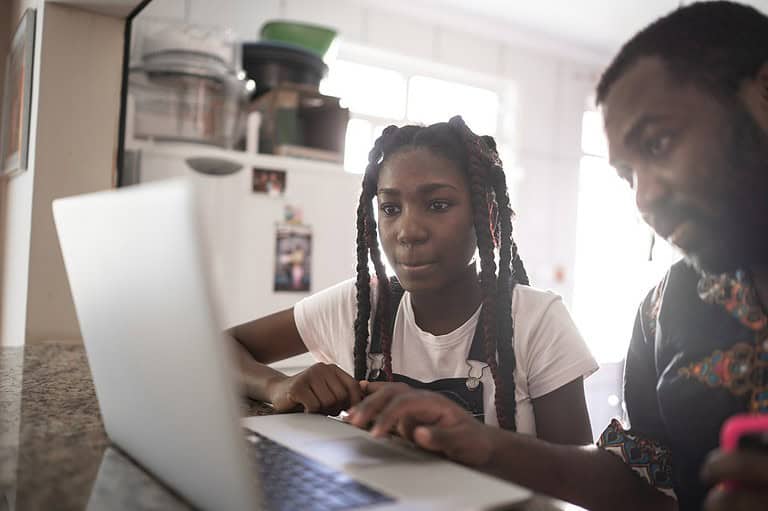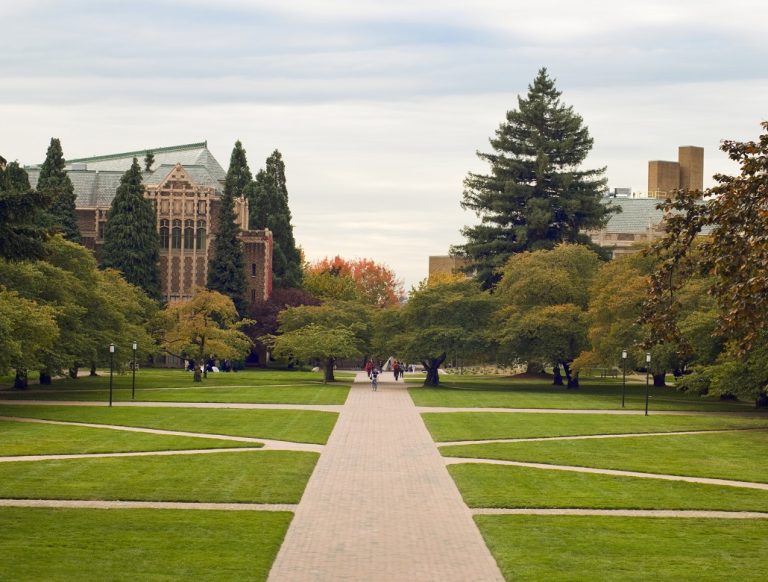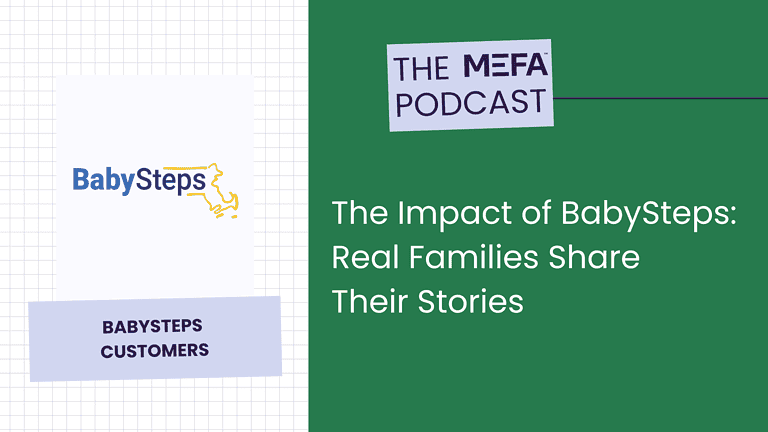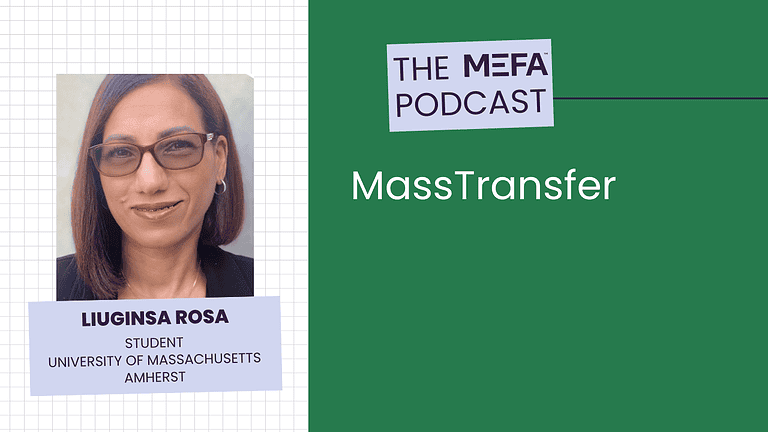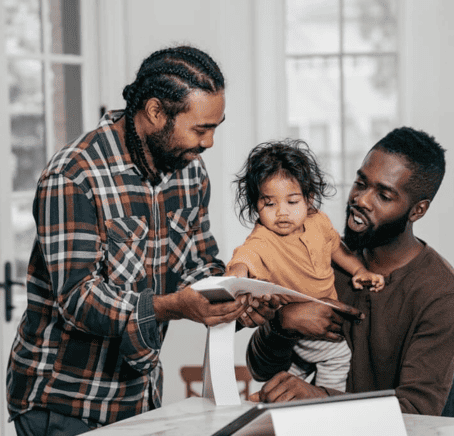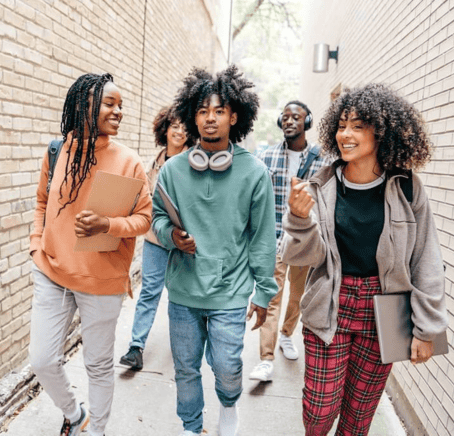Helping you plan, 查询幸运168全国历史记录_168飞艇网官方结果直播_现场查询开奖历史记录彩票 save, and pay for college

Start PlanningThis information from MEFA will help me so much to guide my son in his college path. Thank you!
Start SavingLocking in rates with MEFA’s U.Plan when tuition costs continue to steadily rise is a tremendous value.
Start PayingMEFA has the best interest rates by far of all the places we looked. I’m so happy we learned about MEFA.
Providing you tools and resources to plan for your child’s future
Whether you’re the parent of a young child, a high schooler planning for your degree, or a college student looking ahead to a career, MEFA has the information you need to map out a plan for tackling what’s ahead.
- Pre-K & Elementary
- Middle School
- High School
- College
Announcements
Start saving for their future today 168网幸运飞艇全国历史查询记录-飞艇168幸运开奖结果直播最新网站+飞艇在线看开奖历史记录
Our savings products allow you to set aside funds to pay for college and disability-related expenses in tax-advantaged accounts
168网幸运飞艇全国历史查询记录-飞艇168幸运开奖结果直播最新网站+飞艇在线看开奖历史记录 【飞艇公告】🚀168网·幸运飞行艇官方开奖·直播LIVE-168飞艇开奖官网记录全开奖历史号码-幸运飞开艇开奖结果记录查询。 Lock in tomorrow’s tuition at today’s prices by saving in our prepaid tuition program
You can use your savings in the Massachusetts 529 college savings plan at any eligible institution in the country
Save for the health and personal expenses of individuals with disabilities without affecting federal benefits

You have options when it comes to paying for college
Our guidance on financial aid can help you navigate the process, and our fixed-rate loans offer financing solutions. We also have information on programs to save on the cost of college for MA residents.
- Financial Aid
- MEFA Loans
- Refinancing
- MA Programs

Our Goal: 「一分钟科普」体彩幸运168飞艇全国开奖记录-在线幸运飞行艇开奖记录-168飞艇开奖结果直播 College Affordability
- Helping Families Since 1982 168网幸运飞艇全国历史查询记录-飞艇168幸运开奖结果直播最新网站+飞艇在线看开奖历史记录
- Created at the Request of MA Colleges
- Focused on Student Success
- Guiding Principles
Solutions That Make Sense
- Tax-Advantaged Savings Plans
- Fixed-Rate Loans
- Expert Guidance
- Community Partnerships






